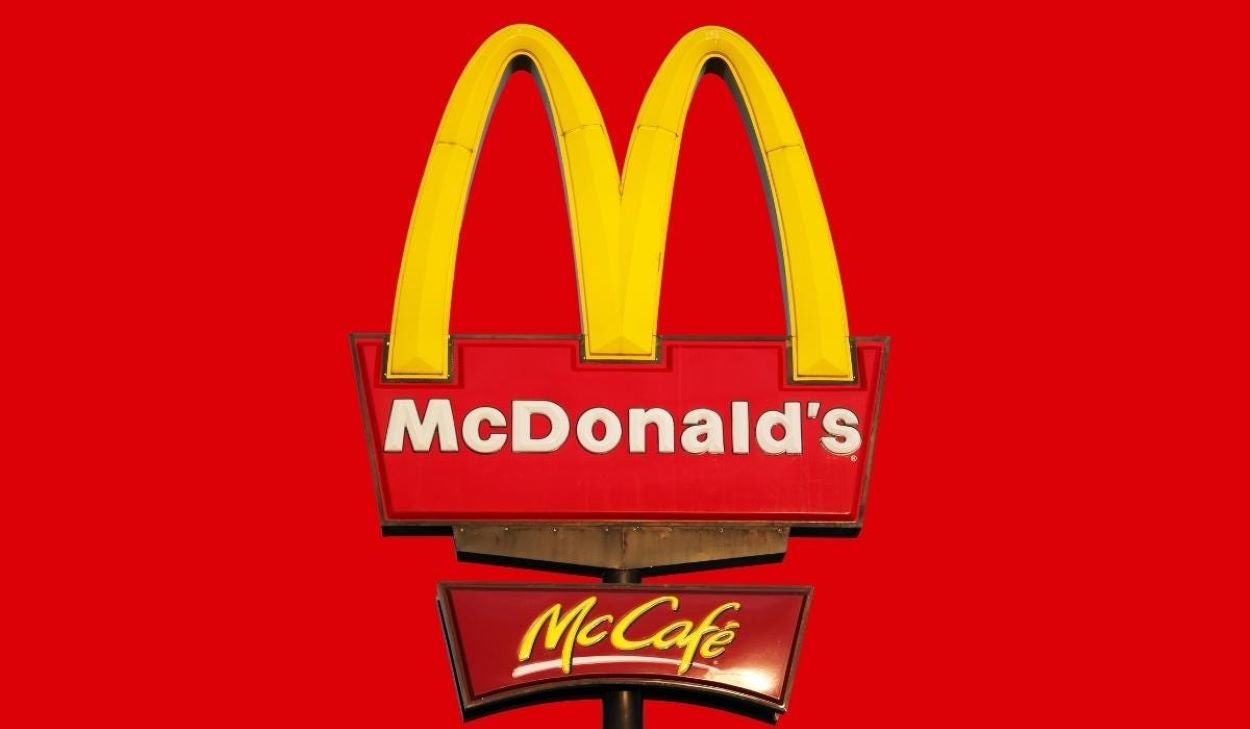American fast food giant McDonald’s has reported its first quarterly profit decline in two years, attributing the decrease to shifts in domestic budget priorities amid rising inflation and regional boycotts in the Middle East linked to ongoing conflicts.
A Reuters report shows a 1.9% drop in sales growth for the fourth consecutive quarter. A spokesperson from McDonald’s mentioned that inflation has caused consumers to be more cautious with their spending, with lower-income customers particularly opting for value deals over higher-priced items like Big Macs. This downturn mirrors McDonald’s challenges during the global COVID-19 lockdowns in 2020, which significantly impacted sales.
McDonald’s CFO, Ian Borden, noted that while revenue figures in Europe, Latin America, and Japan remain relatively robust, the United States has seen a noticeable decline compared to the previous year. After the U.S., China and the Middle East are McDonald’s largest markets. In March, the company had already forecasted a potential revenue decline for the first quarter, largely due to its public support for Israel.
Read: McDonald’s Acquires Israel Franchise Amid Boycotts Over Military Support
Along with other prominent Western companies, the brand has faced a boycott campaign in the Middle East and other Muslim-majority countries because of its pro-Israel stance, which continues in various regions. Similarly, Starbucks anticipates a drop in annual sales for the last quarter due to reduced foot traffic in its Middle Eastern outlets.
In October, McDonald’s faced significant backlash in Muslim countries after it announced free meals for Israeli soldiers. Additionally, in December, the company was sued in Malaysia over allegations that it promoted a boycott against Israel, purportedly leading to business losses.
Analyst Jim Sanderson from North Coast Research highlighted that the Israeli-Palestinian conflict has put substantial pressure on American brands, cautioning that the food chain might struggle to meet its operational costs. LSEG data shows a decrease in adjusted earnings per share and a 10% rise in general administrative expenses, which McDonald’s is actively trying to manage.






